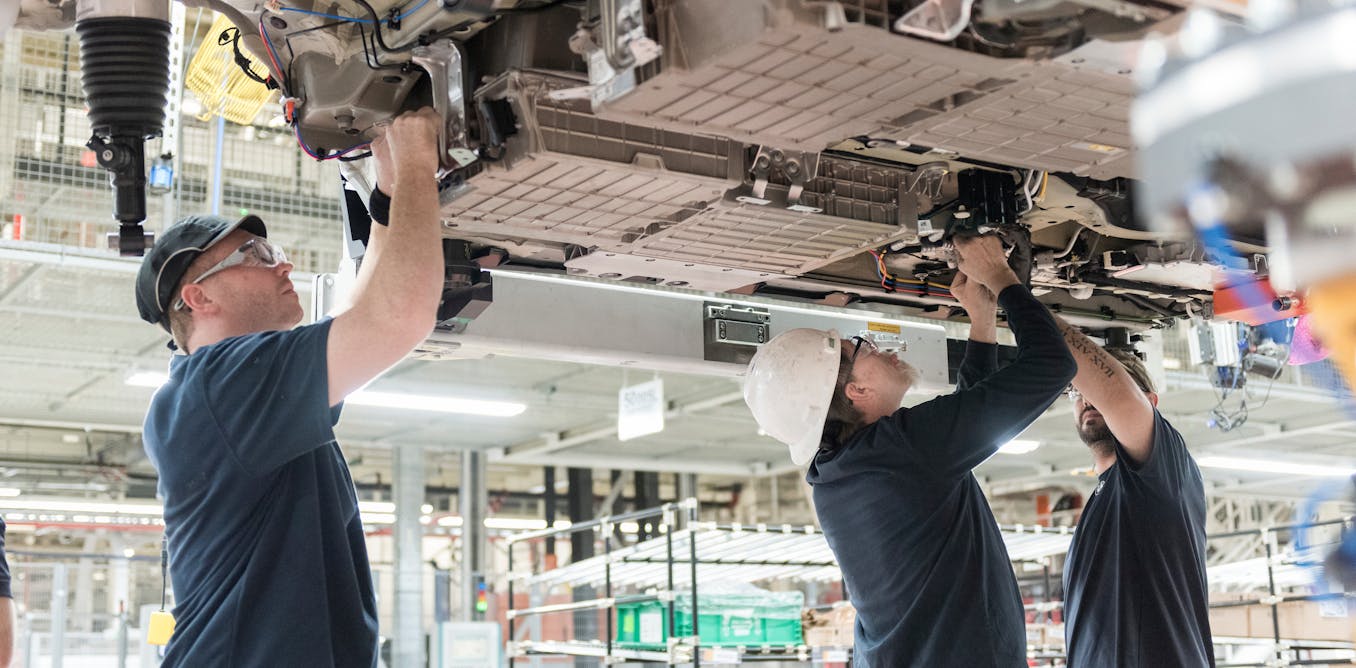The Future of Clean Energy in the United States: Optimism Amidst Uncertainty
Key Ideas
- The U.S. is experiencing a significant increase in clean energy manufacturing investments, driven by government support and laws like the Infrastructure Investment and Jobs Act.
- Despite concerns of delays and failures in clean energy projects, research shows that the majority of planned investments in battery factories are on track, supporting job creation and electric vehicle production.
- Key risks to the sustainability of these projects lie in potential policy changes, particularly around tax incentives and grants supporting clean energy initiatives.
- The upcoming 2024 elections could impact the trajectory of clean energy manufacturing in the U.S., with the potential for policy shifts affecting the industry's future.
The United States is currently witnessing a surge in clean energy manufacturing investments, propelled by legislative measures such as the Infrastructure Investment and Jobs Act. This influx of government support has led to significant private sector investments in clean energy supply chains throughout the nation. Research conducted by Jay Turner and students at Wellesley College has revealed a total of 225 clean energy projects with a combined investment of US$127 billion and the creation of over 131,000 jobs since the enactment of the Inflation Reduction Act in 2022.
Despite reports of delays in various clean energy projects, including battery manufacturing, renewable energy initiatives, and hydrogen projects, the majority of the 23 announced or expanded battery cell factories appear to be progressing as planned. These gigafactories, with an estimated total investment of $52 billion, are poised to support the manufacturing of 490 gigawatt-hours of battery capacity annually, equivalent to approximately 5 million new electric vehicles.
While concerns linger regarding potential project delays, particularly for three projects facing challenges, the overall outlook remains positive. However, the sustainability of these endeavors faces significant uncertainty due to potential policy alterations. The looming 2024 elections in the U.S. present a pivotal moment, as shifts in government administration could impact the future of clean energy manufacturing. The primary risk identified lies in the possible revision or repeal of key legislation supporting clean energy, such as the Advanced Manufacturing Tax Credits authorized by the Inflation Reduction Act. The fate of these projects hinges on political decisions that may affect the trajectory of clean energy initiatives in the United States.
Topics
Policy
Projects
Clean Energy
Infrastructure
Electric Vehicles
Job Creation
Manufacturing
Batteries
Investments
Latest News
